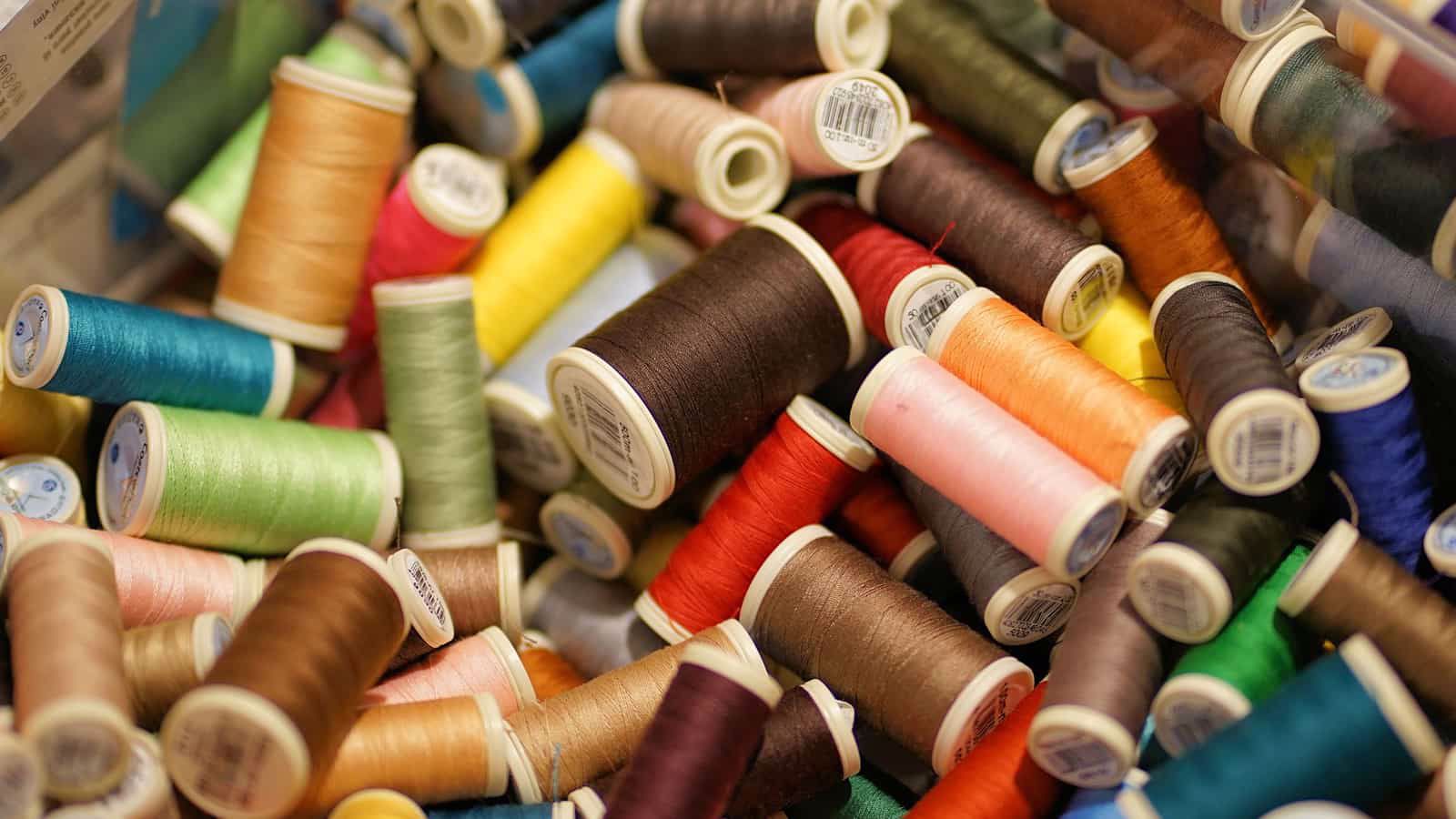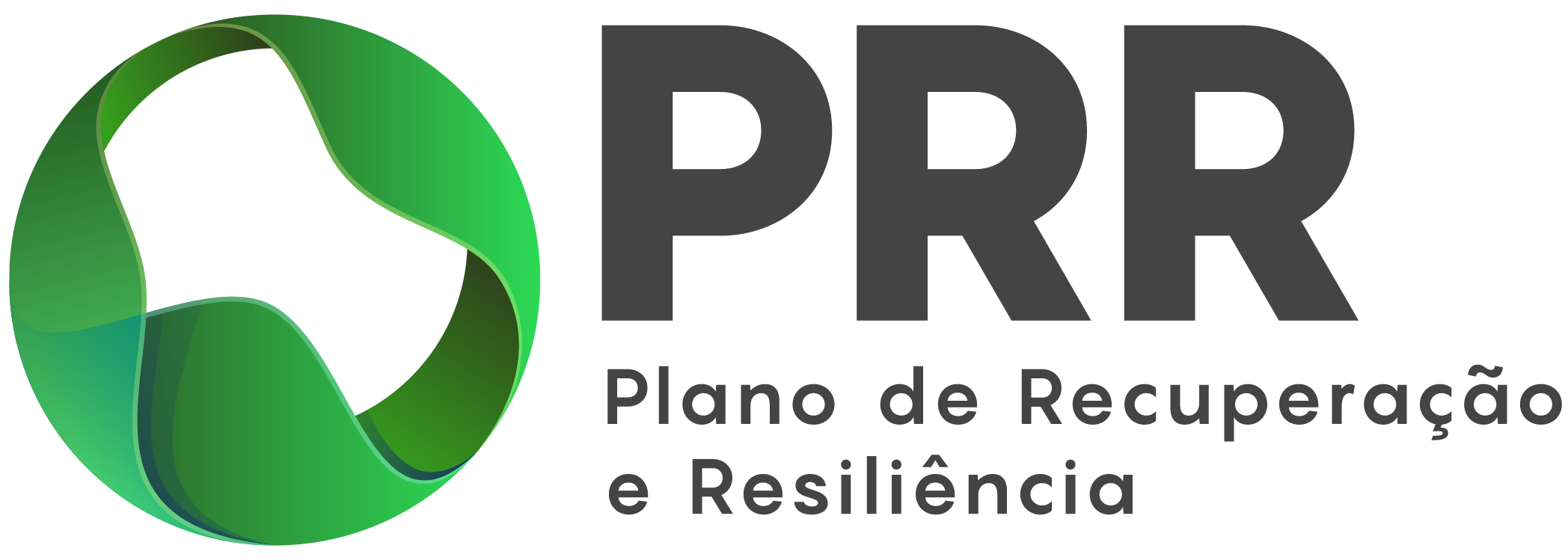RDD Textiles, the research and development division of Portuguese manufacturer Valérius, has been working behind the scenes for years on investigating and developing circular solutions. The company has now made official the creation of threesixty, a new division fully dedicated to recycling.
“We have been recycling our own industrial waste for some time, and we began recycling post-consumer waste close to two years ago,” Ana Tavares, head of RDD Textiles, told Sportstextiles. The vertically integrated group can spin yarns, knit fabrics and manufacture garments from recycled yarns in-house.
The recycled yarns are (mostly) made from mechanically recycled cotton, but the group is also investing in other solutions, such as separation techniques for polycotton fabrics.
Last year threesixty recycled 80% post-industrial and 20% post-consumer waste, marking a promising start for treating end-of-life clothing. A tracer is embedded in the recycled yarns to bring added security to customers. Data is collected throughout the processes to feed future digital product passports.
The new division can call on a variety of other ‘circular’ services such as overdyeing them, printing or remaking unsold garments. “These are some possible solutions to address the issue of overstock,” said Ms Tavares.
In addition to developing real-world circular solutions, threesixty can also assist companies looking to develop closed-loop products. “We have many conversations with brands as there are so many variables involved in making new materials from waste. It is an approach that requires a whole new way of thinking,” she said.
Colour is one area that would benefit from creative thinking. From a given lot of waste textiles, threesixty can create different types of materials in various nuances, depending on the final blend. The most common colours for recycled yarns are greys and blues. If a brand wants a specific shade of red, the yarns can be dyed. But the system, says Ms Tavares, has nothing to do with classic Pantone references. This means that buyers need to adapt their demands to the precise type of waste that is being recycled
“We have been recycling our own industrial waste for some time, and we began recycling post-consumer waste close to two years ago,” Ana Tavares, head of RDD Textiles, told Sportstextiles. The vertically integrated group can spin yarns, knit fabrics and manufacture garments from recycled yarns in-house.
The recycled yarns are (mostly) made from mechanically recycled cotton, but the group is also investing in other solutions, such as separation techniques for polycotton fabrics.
Last year threesixty recycled 80% post-industrial and 20% post-consumer waste, marking a promising start for treating end-of-life clothing. A tracer is embedded in the recycled yarns to bring added security to customers. Data is collected throughout the processes to feed future digital product passports.
The new division can call on a variety of other ‘circular’ services such as overdyeing them, printing or remaking unsold garments. “These are some possible solutions to address the issue of overstock,” said Ms Tavares.
In addition to developing real-world circular solutions, threesixty can also assist companies looking to develop closed-loop products. “We have many conversations with brands as there are so many variables involved in making new materials from waste. It is an approach that requires a whole new way of thinking,” she said.
Colour is one area that would benefit from creative thinking. From a given lot of waste textiles, threesixty can create different types of materials in various nuances, depending on the final blend. The most common colours for recycled yarns are greys and blues. If a brand wants a specific shade of red, the yarns can be dyed. But the system, says Ms Tavares, has nothing to do with classic Pantone references. This means that buyers need to adapt their demands to the precise type of waste that is being recycled




